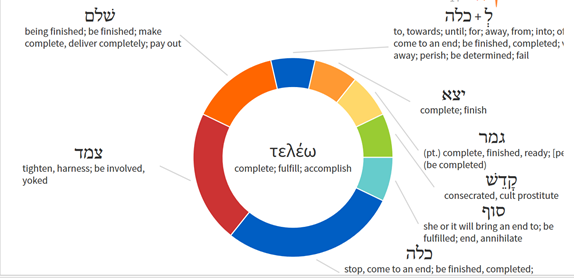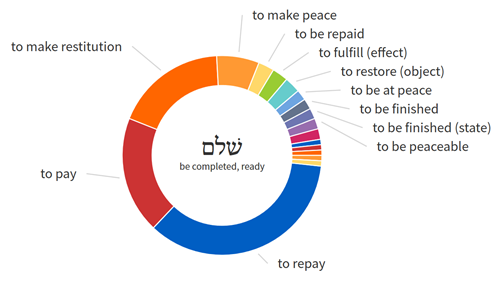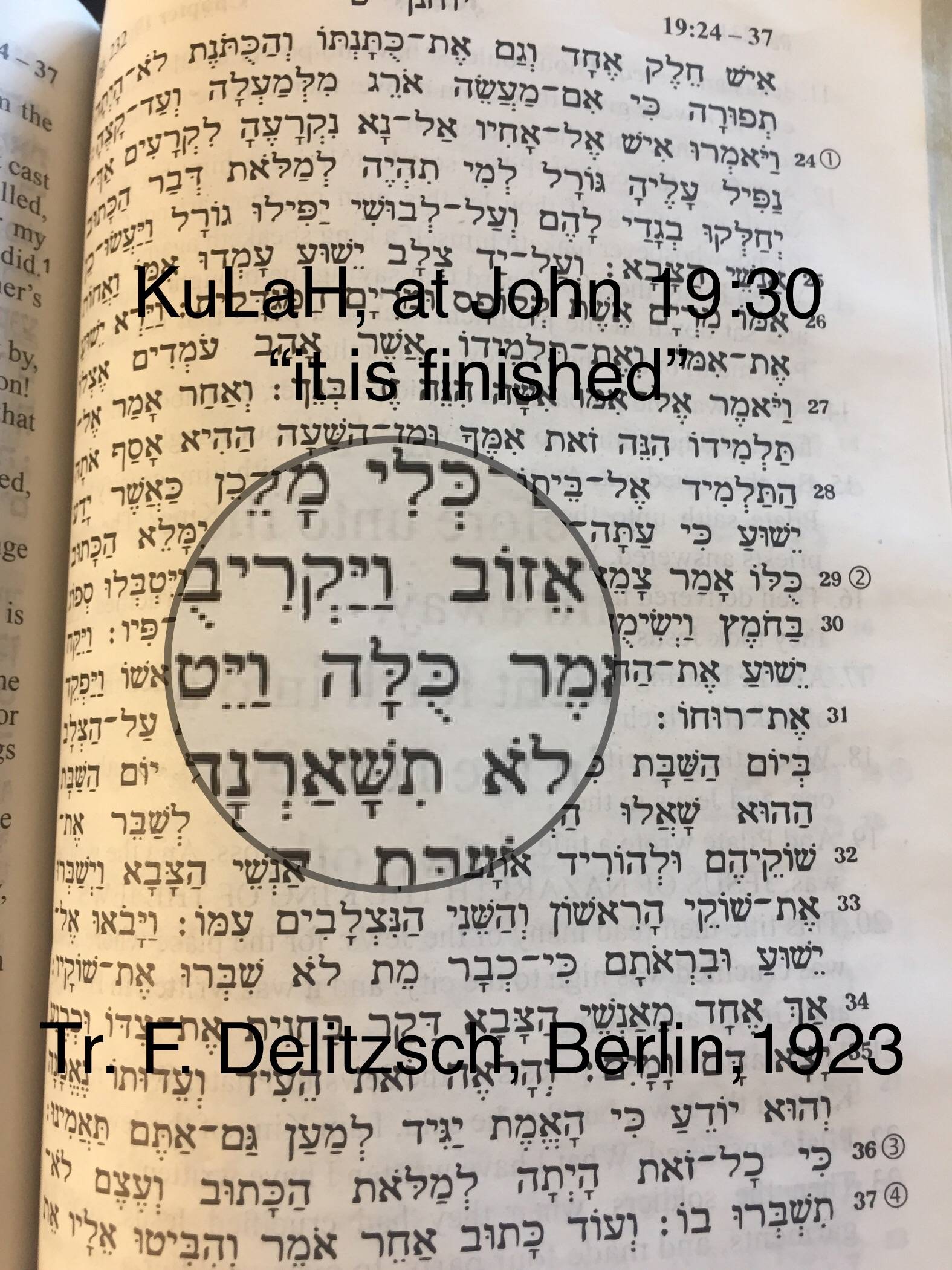Another answer inferred that the actual word spoken by Jesus might have been the Aramaic word shlm, based on how the Peshitta translated the Greek text.
A different conclusion might be reached by looking where τετέλεσται is used in the Septuagint, which corresponds with the Aramaic word gemǎr, meaning be complete, perfected, finished.
τετέλεσται is the perfect passive indicative of the verb τελέω.
The only place where this verb appears in the Old Testament (Septuagint) in exactly the same form is Esdras B 7:12 (Ezra 7:12 in translations of the Masoretic Text):
Αρθασασθα βασιλεὺς βασιλέων Εσδρα γραμματεῖ νόμου τοῦ θεοῦ τοῦ
οὐρανοῦ, τετέλεσται ὁ λόγος καὶ ἡ ἀπόκρισις
Arthasastha, king of kings, to Esdras, the scribe of the law of the Lord God of heaven, Let the order and the answer be accomplished
(Brenton).
According to Tov's Parallel Aligned Hebrew-Aramaic and Greek Texts of Jewish Scripture, τετέλεσται is translating the Hebrew גמר (gmr) which which could support the Masoretic vocalization גְּמַר (gemǎr), which according to other sources2 is an Aramaic word meaning "be complete", "perfected", "finished".1
1 Swanson, A Dictionary of Biblical Languages With Semantic Domains: Hebrew (Old Testament). An alternate vocalization here would be גֹּמֶר (Gomer) - the place - which doesn't fit the context.
2 e.g. Strong's Concise Dictionary of the Words in the Greek New Testament and the Hebrew Bible


